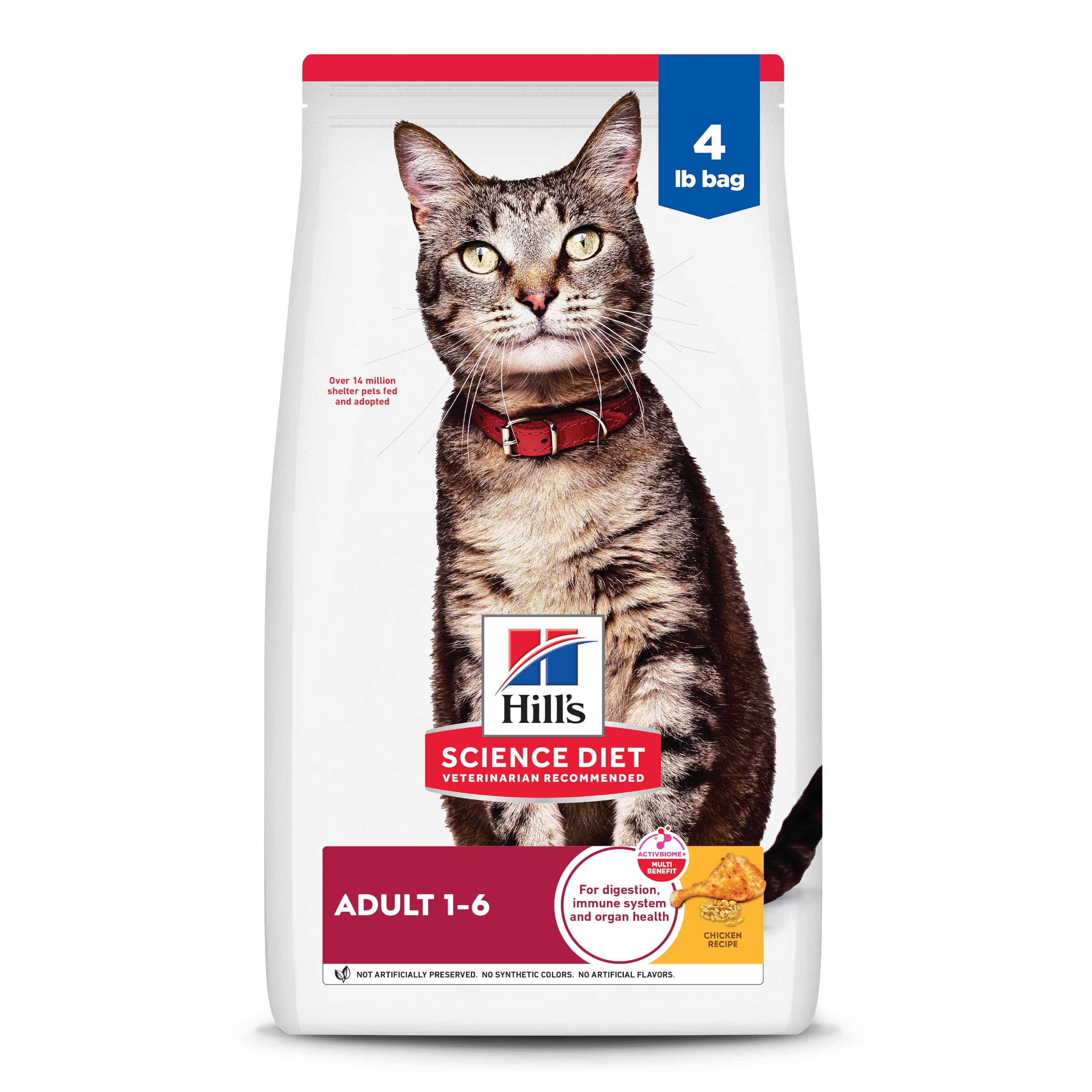Effective Ways to Optimize Your Cottage Cheese Diet in 2025
In the ever-evolving world of nutrition and health, incorporating a cottage cheese diet into your daily routine remains a consistent recommendation for those aiming at effective weight loss and promoting a healthy lifestyle. As a protein-rich food that boasts numerous health benefits, cottage cheese serves as an excellent base for meals, snacks, and even desserts. This article will outline various strategies to enhance your nutritional approach with cottage cheese, focusing on meal prep, portion control, and integrating balanced eating habits.
With the modern emphasis on clean eating and sustainable weight loss, cottage cheese not only fits but shines. Its versatility allows it to seamlessly transition across different dietary preferences, accommodating everything from low-carb to vegetarian diets. Throughout this article, we will delve into practical tips, healthy recipes, and much-needed insights into making the most out of your cottage cheese diet.
Key takeaways include discovering snack ideas, easy meal prep tips, and how to incorporate this dairy delight into a balanced diet. Whether you're new to healthy eating or an experienced foodie exploring new cottage cheese benefits, this guide is crafted for you.
Understanding the Nutritional Benefits of Cottage Cheese
Before diving into meal prep techniques, it's vital to understand the fundamental attributes of cottage cheese. This dairy product is packed with essential nutrients, making it a powerhouse ingredient in any diet. Cottage cheese is high in protein, aiding in muscle gain and fat loss, elevating its status as a go-to for fitness nutrition. The casein protein found in cottage cheese supports prolonged satiety, making it a suitable choice for calorie counting and weight management.
Moreover, it’s low in calories and fat, contributing to its reputation as a nutrient-dense food. This means you’re getting more nutrients per calorie, which is essential for maintaining your metabolic rate and overall health. Additionally, cottage cheese is an excellent source of d dietary fiber. Incorporating it into your meals can help you achieve a balanced macronutrient intake while keeping your body energized.
There’s also a wide array of vitamin B12, calcium, and selenium, which are vital for optimizing health and supporting metabolic functions. Understanding these benefits provides a clearer picture of how cottage cheese can fit into any diet plan, making it an essential part of your healthy eating strategy.
Meal Prep Ideas to Simplify Your Diet
With cottage cheese at the core of your daily meals, the way you approach meal prep can set you up for success. Learning how to effectively plan your meals ensures you always have nutritious options on hand while being mindful of portion sizes and overall calorie intake. Start by bulk cooking cottage cheese recipes that can be portioned and stored throughout the week.
Consider preparing healthy snacks with cottage cheese blended with fruits like berries or bananas. These low-calorie meals can be quick breakfast options or satisfying post-workout snacks that are ready when you are. Additionally, utilizing toppings such as nuts or seeds can enhance flavors and add healthy fats, increasing your satiety.
Don't forget about incorporating cottage cheese into savory dishes as well! Mix it into salads or grain bowls to boost protein content, or blend it with herbs to create a healthy dip for veggies or whole-grain crackers. Thinking creatively about your meals allows for varied food choices, helping to maintain interest and motivation in your diet.

Portion Control Techniques for Weight Management
One of the keys to successful weight loss is mastering portion control. Cottage cheese can play a pivotal role in this process as it serves as a satisfying and low-calorie food option. Start by determining your ideal serving size based on your overall diet plan and nutritional goals.
One effective method is to use measuring cups or kitchen scales to establish appropriate portion sizes. This helps you understand what your servings should look like in practice, making it less likely for you to exceed your caloric intake accidentally. Aim to fill half of your plate with cottage cheese as a base for meals, then add vegetables and healthy fats to achieve a balanced diet.
Additionally, practicing mindful eating supports portion control by encouraging you to listen to your body's hunger cues and satiety signals. Take your time during meals and focus on the flavors of your food, which may help reduce overeating. Track your food intake through a food diary or a nutrition tracking app to recognize patterns and make necessary adjustments.
Creative and Healthy Snacking with Cottage Cheese
Snacking can often derail diets; however, when you choose healthy snacks featuring cottage cheese, you're setting yourself up for success. This protein-packed food offers endless possibilities for delicious and nutritious snack options while keeping you satiated between meals.
Try pairing cottage cheese with sliced fruits or honey for a sweet treat. This combination provides natural sugars and complements the protein content of the cottage cheese. For a more savory approach, consider using cottage cheese mixed with spices or herbs as a healthier alternative to traditional dips.
For on-the-go options, make cottage cheese snacks like protein balls by mixing cottage cheese with oats, peanut butter, and a bit of sweetener. These can easily be made in bulk and stored for convenience. Another excellent strategy is to create protein shake recipes using cottage cheese blended with fruit and your choice of milk for a delicious, high-protein drink.

Integrating Cottage Cheese into a Balanced Diet
Incorporating cottage cheese into your everyday meals is not just about snacking; it also involves integrating this ingredient into a cohesive and balanced diet. Consider creating meal variations that include cottage cheese in your breakfast, lunch, and dinner options. For breakfast, a low-calorie option could be a low-calorie breakfast bowl with cottage cheese topped with fresh fruit and nuts.
During lunch, you might opt for a protein-rich salad incorporating cottage cheese, fresh greens, and a light vinaigrette. Meanwhile, for dinner, try incorporating cottage cheese into your favorite pasta or casserole dish for added creaminess without excessive calories.
These simple changes not only help improve your overall nutrient intake but also allow for the flexibility to meet dietary restrictions or preferences. Communication with a health professional or nutritionist can also guide you in personalizing your dietary choices.
Practical Tips for Sustaining Your Cottage Cheese Diet
Embarking on a cottage cheese diet requires consistency and adaptability. Here are a few practical tips to navigate your journey successfully. First, focus on healthy habits by regularly trying new recipes and variations, which keeps your meals interesting and might prevent boredom.
Consider integrating seasonal recipes to keep your meals fresh and relevant. Additionally, collaborating with subscription meal plans can offer pre-portioned meals featuring cottage cheese, which can ease the pressure of cooking while ensuring you stay on track with your dietary goals.
Lastly, maintain constant hydration throughout the day to aid metabolism and support energy levels. Drinking water before meals can help you control portions and improve digestion. Exploring these tips will support you in achieving your fitness goals while enjoying a satisfying and delicious cottage cheese diet.
Conclusion: Achieving Sustainable Weight Loss with Cottage Cheese
Embracing a cottage cheese diet not only enhances your meal options but also supports sustainable weight loss and better health outcomes. By applying meal prep techniques, managing portion sizes, and prioritizing healthy snacking, you can make cottage cheese a star of your nutrition journey. Emphasizing a balanced diet filled with nutrient-dense foods is crucial in reaching your fitness and wellness objectives.
With the knowledge and strategies outlined in this article, you are well-equipped to optimize your cottage cheese diet successfully. It’s all about making thoughtful choices, exploring delicious recipes, and committing to a healthier lifestyle.

